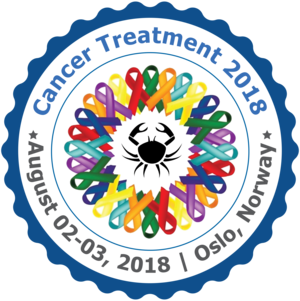
Francesco Spelta
University of Verona, Italy
Title: Dietary Restriction and Intermittent Fasting in Cancer and Diseases
Biography
Biography: Francesco Spelta
Abstract
Several epidemiological surveys have highlighted a link between diet and cancer risk. New diet strategies have been proposed so far, to slow down cancer growth or to reduce chemotherapy side effects, i.e. dietary restriction and different fasting regimens. A substantial protein and calorie restriction may directly inhibit tumor cell growth via the inhibition of the IGF-1- mTORC1 axis, in a xenograft mouse model of breast cancer, while a moderate protein restriction may induce an anticancer response increasing IFNγ expression (via immunomodulation of T-cells), leading to an increased “immunosurveillance’ in the tumor microenvironment in mice. Moreover, downstream of different nutrient-sensitive pathways are regulated in an opposite way by fasting and fasting mimicking diets in normal and cancer cells, resulting in protection against chemotherapy of the normal cells and improving the inhibition of tumor growth by chemotherapy itself. Although randomized clinical studies have been conducted on a limited number of patients, the results of some pilot studies are supporting the efficacy of restricted diets in cancer therapy. These findings are in accordance with the overall health benefits provided by dietary restriction regimens in the cardiovascular system and in slowing the aging process, one of the most important risk factors for cancer development.

